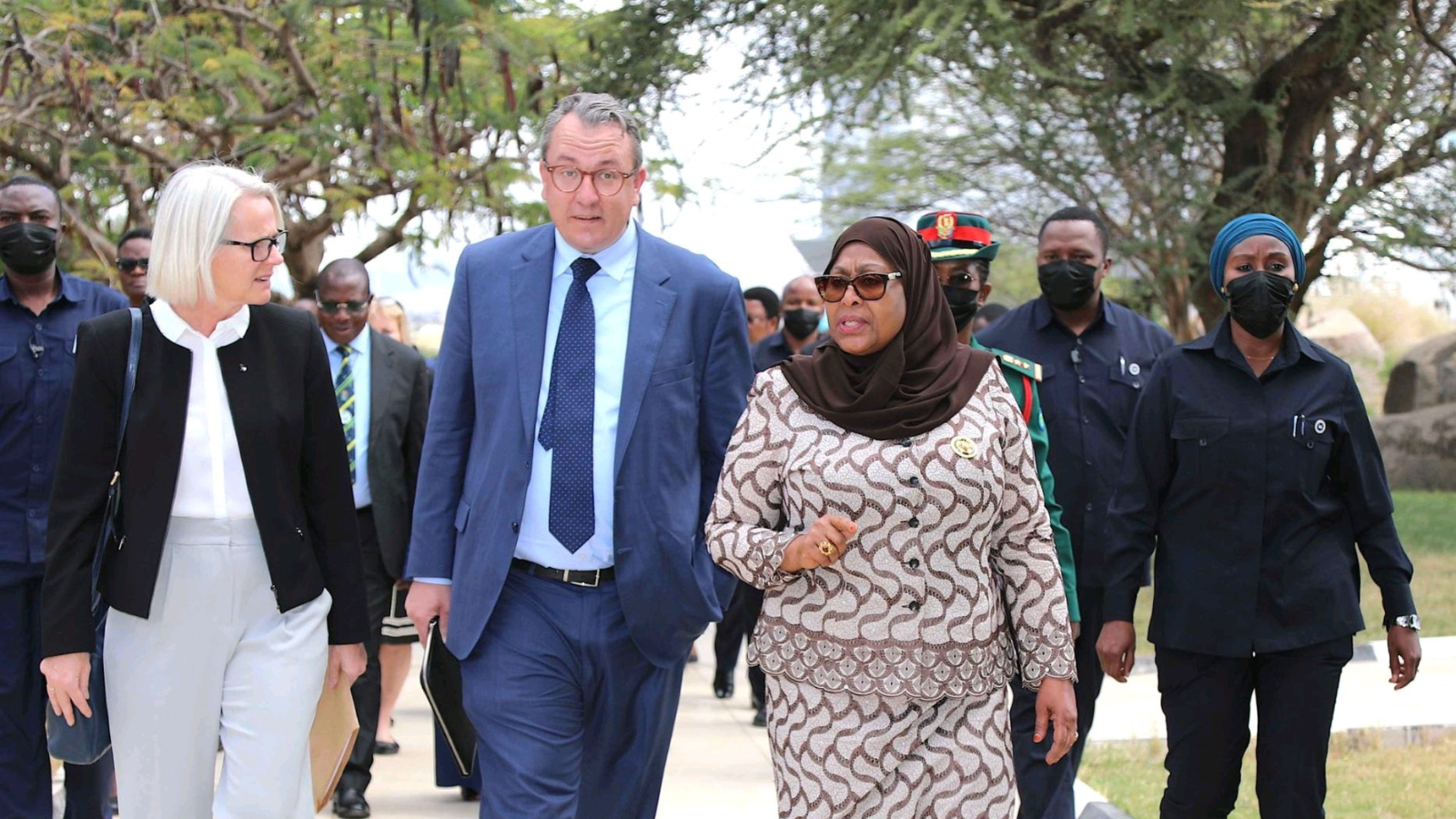Over the weekend, the Government of Tanzania signed a Framework Agreement with Equinor and Shell to support negotiations on the Tanzania Gas and LNG Project (TGP). The agreement marks another step towards the signing of the Host Government Agreement (HGA) expected before the end of 2022.
Both international oil companies resumed negotiations mega-gas project in November 2021, aided by the renewed interest from the new Tanzanian leadership. Equinor operates Block 2 where it has discovered 20 Tcf of recoverable gas reserves in the early 2010s, while Shell operates Blocks 1 and 4, which it inherited from its combination with the BG Group in 2016. BG had previously discovered 16 Tcf of recoverable gas reserves on both blocks.
While negotiations on the project continue to make progress, the final investment decision (FID) is not expected before 2025. Equinor has notably scheduled a 3-year planning and engineering programme for the pre-FEED and FEED and expects construction to take at least 4 years after that. On the Tanzanian side, hopes are that commissioning could be reached as early as June 2028.
While it is too early to know what the project will look like, Equinor expects a liquefaction capacity of 7.5 million tonnes per annum (mtpa) from its Block 2 with an investment of $20bn. Part of the gas arriving at the facility in Lindi in southern Tanzania would also be reserved for the domestic market and the production of cooking fuels (LPG).
If Shell replicates the same scheme, the project could see an investment of up to $40bn, making it by far the largest foreign investment in Tanzania’s history.

